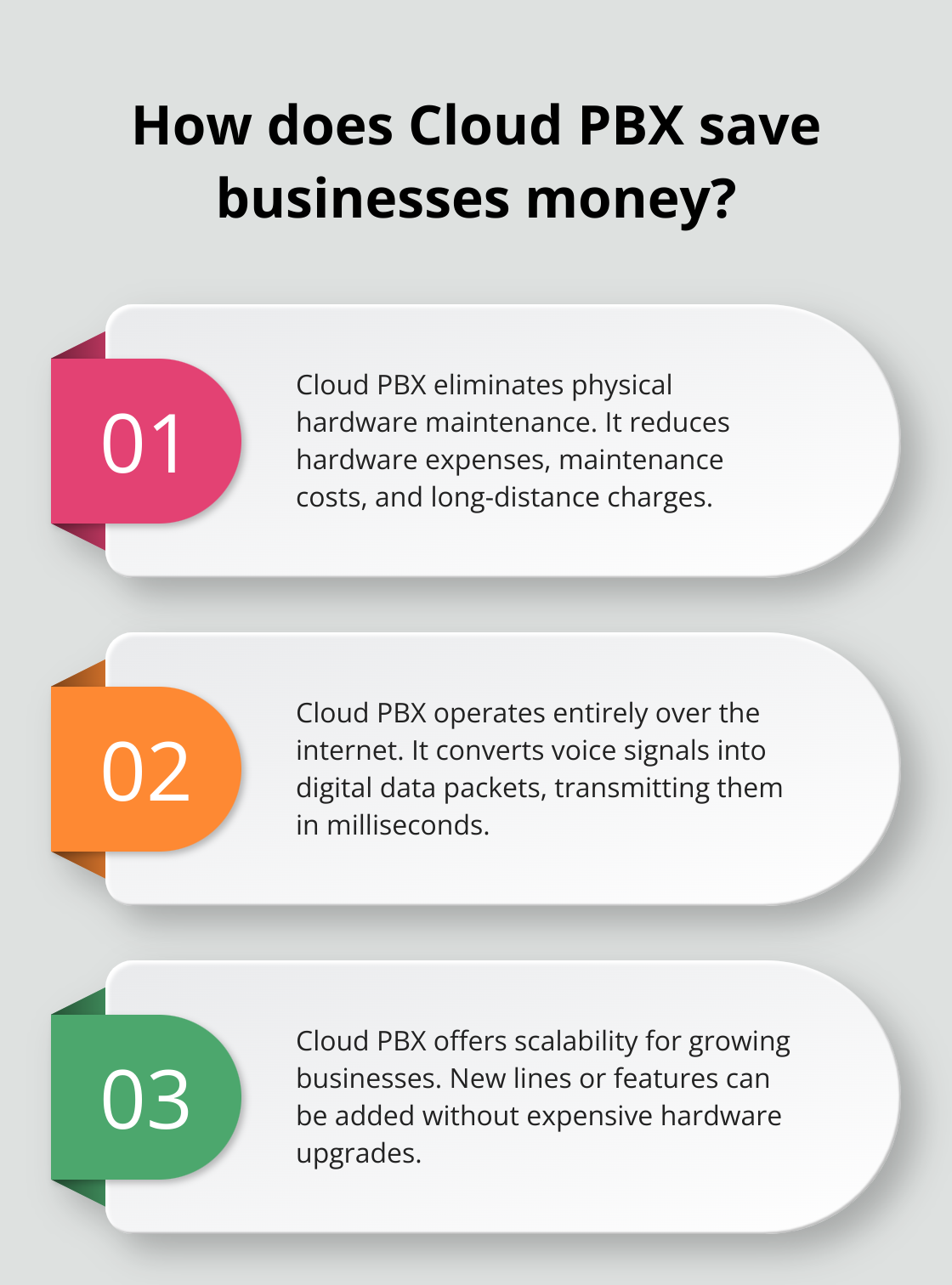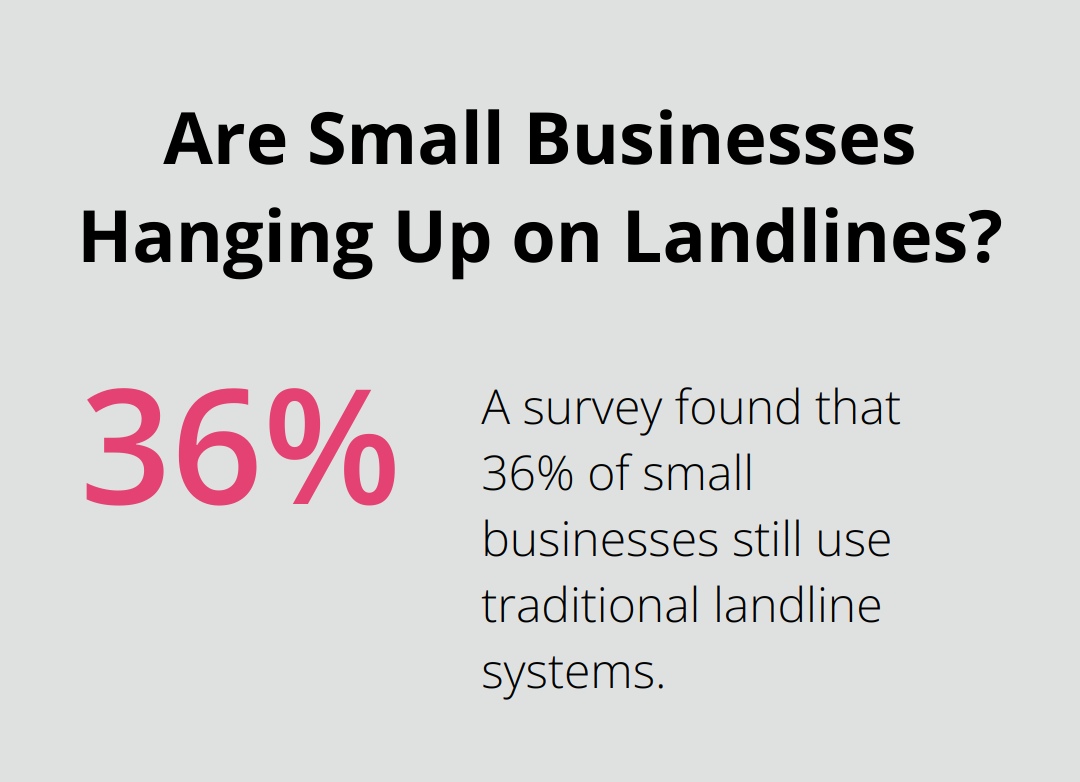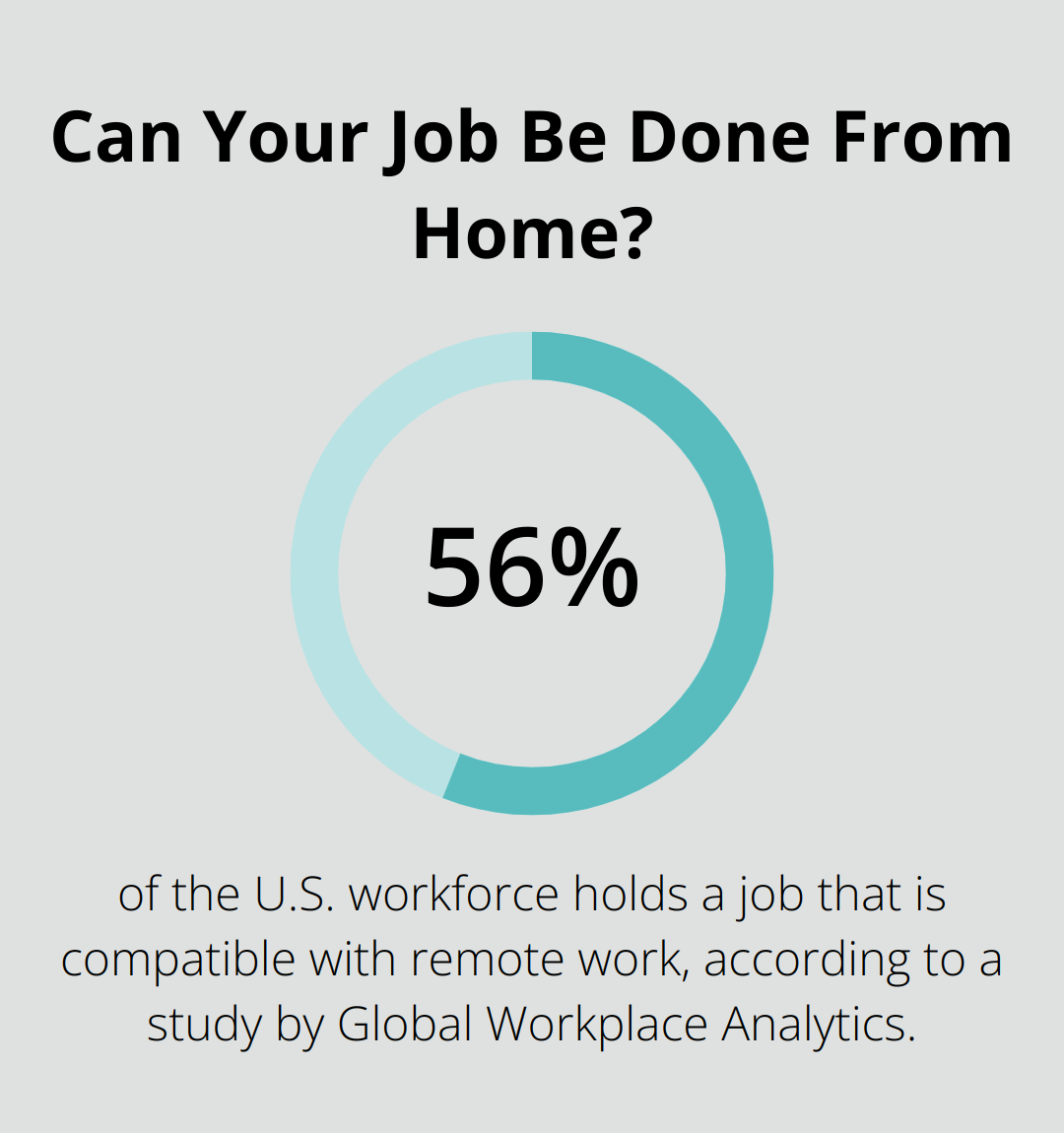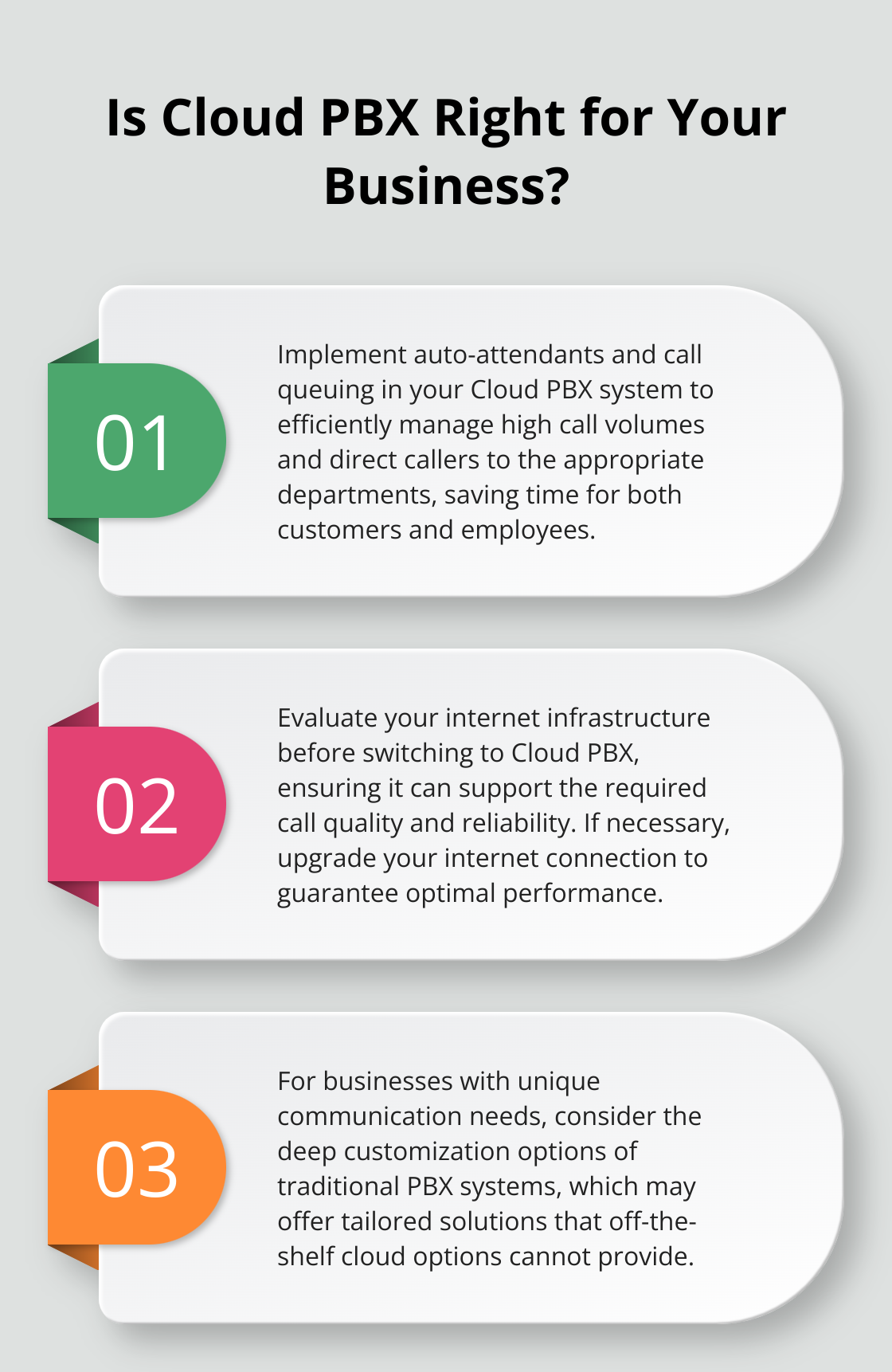At UCaaS Review, we’ve seen businesses grapple with the choice between Cloud PBX and traditional phone systems.
This decision can significantly impact a company’s communication infrastructure and bottom line. Cloud PBX offers modern features and flexibility, while traditional systems have their own set of advantages.
In this post, we’ll compare these two options to help you make an informed choice for your business.
What Is Cloud PBX and How Does It Work?
The Fundamentals of Cloud PBX
Cloud PBX (Private Branch Exchange) revolutionizes business communication by operating entirely over the Internet. This modern phone system eliminates the need for physical hardware maintenance, streamlining communication infrastructure for companies of all sizes.
Cloud PBX converts voice signals into digital data packets, which it transmits over the internet in milliseconds. The cloud PBX routes the call to the client’s phone system, resulting in real-time communication that users can’t distinguish from traditional phone calls. The system’s ability to handle high call volumes through SIP trunking allows multiple concurrent calls over a single internet connection, effectively eliminating busy signals and missed calls during peak hours.
Advanced Features for Enhanced Productivity
Cloud PBX systems offer a suite of features that traditional phone systems can’t match:
- Auto-attendants: These virtual receptionists greet callers and direct them to the appropriate department, saving time for both customers and employees.
- Call queuing: This feature ensures that no call goes unanswered, even during the busiest periods.
- Flexibility: Employees can make and receive calls from any location with an internet connection, using any device (a feature that has become essential in the age of remote work).
Financial Advantages of Cloud PBX
The switch to Cloud PBX can result in significant cost savings. These savings stem from:
- Reduced hardware expenses
- Lower maintenance costs
- Elimination of long-distance charges
Moreover, Cloud PBX systems offer inherent scalability. As businesses grow, they can easily add new lines or features without expensive hardware upgrades. This adaptability ensures that the phone system can keep pace with business needs, whether during rapid expansion or seasonal fluctuations.
Security and Reliability
Cloud PBX providers prioritize security and reliability. They implement robust encryption protocols and maintain redundant data centers to ensure uninterrupted service. This level of protection often surpasses what many businesses can achieve with on-premises systems.

The next section will explore traditional phone systems, providing a comprehensive comparison with Cloud PBX solutions. This comparison will help you make an informed decision about which system best suits your business needs.
What Are Traditional Phone Systems?
The Foundation of Business Communication
Traditional phone systems, also known as on-premises PBX (Private Branch Exchange) systems, have served as the cornerstone of business communications for decades. These systems rely on physical hardware installed at a company’s location to manage and route calls.
The Architecture of Traditional PBX
At its core, a traditional PBX system consists of a central control unit, telephone handsets, and a network of copper wires. This setup enables internal communication between employees and external calls to and from the public telephone network. The PBX market reached US$ 22818.9 million in 2018 and is estimated to reach US$ 35728.0 million in 2023, driven by a Y-o-Y growth of 19.8% in 2022.

The infrastructure required for a traditional PBX system is substantial. It typically includes:
- A main control unit (the PBX itself)
- Telephone lines (analog or digital)
- Desktop phones for each employee
- Wiring throughout the office building
This hardware-intensive setup requires a dedicated space, often referred to as a telecom closet, to house the main PBX unit and associated equipment.
Advantages of Traditional Systems
Despite the rise of cloud-based alternatives, cloud PBX systems offer reduced maintenance costs, enhanced scalability, and access to a range of communication features to personalize your system.
- Complete Control: With an on-premises system, companies have full control over their communication infrastructure. This level of control can appeal to businesses with strict security requirements or those in heavily regulated industries.
- One-Time Investment: While the initial cost is higher, traditional PBX systems often prove more cost-effective in the long run for businesses that don’t require frequent upgrades or changes to their phone system.
- Reliability: Traditional systems operate independently of internet connectivity, ensuring communication remains possible even during internet outages. This reliability can prove crucial for businesses in areas with unstable internet connections.
A survey conducted by Software Advice found that 36% of small businesses still use traditional landline systems (citing reliability and call quality as primary reasons for their choice).
Customization and Integration Capabilities
Traditional PBX systems offer a high degree of customization. Businesses can tailor their phone system to meet specific needs, such as complex call routing or integration with legacy systems. This flexibility can provide particular value for companies with unique communication requirements that off-the-shelf cloud solutions may not address.
As we transition to the next section, we’ll explore how these traditional systems compare to their cloud-based counterparts in various aspects of business communication, helping you make an informed decision for your company’s needs.
Cloud PBX vs Traditional Systems: Which Fits Your Business?
Cost Considerations
The financial implications of choosing between Cloud PBX and traditional systems are significant. While initial setup costs may be higher for on-premises PBX systems, they can offer cost savings over time, especially for larger organizations with stable communication needs.

Traditional systems, however, often involve substantial initial investments in hardware and installation. While this can deter small businesses, larger organizations with stable communication needs might find the long-term costs more favorable.
Scalability and Adaptability
Cloud PBX excels in scalability. Adding or removing lines is as simple as adjusting your subscription, making it ideal for businesses with fluctuating needs or rapid growth. This flexibility allows companies to pay only for what they use (potentially saving thousands in unnecessary expenses).
Traditional systems, while less flexible, can benefit businesses with predictable growth and communication needs. However, scaling these systems often requires physical installations and can be time-consuming and costly.
Reliability and Quality
Modern Cloud PBX systems can offer excellent call quality. With advancements in internet technology, many providers now guarantee 99.999% uptime. However, the quality depends on your internet connection, so a robust internet infrastructure is essential.
Traditional systems are known for their reliability, especially in areas with unstable internet connections. They’re less susceptible to internet outages, which can be a critical factor for businesses in certain locations or industries.
Feature Set and Functionality
Cloud PBX systems typically offer a wider range of features out of the box. These often include video conferencing, voicemail-to-email, and advanced call routing. Businesses are rapidly adopting cloud-based phone systems to improve communication and collaboration while reducing costs.
Traditional systems, while potentially more limited in their feature set, often allow for deep customization. This can be particularly valuable for businesses with unique communication requirements that off-the-shelf cloud solutions might not address.
Remote Work Support
The shift towards remote work has highlighted the strengths of Cloud PBX systems. They offer seamless integration with mobile devices and allow employees to work from anywhere with an internet connection. A study by Global Workplace Analytics found that 56% of the U.S. workforce holds a job that is compatible with remote work, making this feature increasingly important.
Traditional systems can support remote work through call forwarding and other features, but they often lack the seamless integration and flexibility of cloud-based solutions.
Final Thoughts
Cloud PBX and traditional phone systems each offer unique advantages for businesses. Cloud PBX provides flexibility, scalability, and advanced features that align with modern business needs, especially for remote work. Traditional systems excel in reliability and control over communication infrastructure, which can be essential for certain industries or locations with unstable internet connections.

The trend in business communication is moving towards cloud-based solutions due to increasing demand for remote work capabilities and cost-effective options. As technology advances, we expect Cloud PBX systems to become more robust, offering enhanced security features and improved call quality. At UCaaS Review, we understand the importance of choosing the right communication solution for your business.
Our AI-powered platform can help you navigate the complex landscape of Unified Communications as a Service (UCaaS) providers. We provide personalized recommendations in minutes by leveraging our extensive database of verified user reviews and cutting-edge matching technology. This streamlines your decision-making process and sets your business up for communication success in the digital age.



